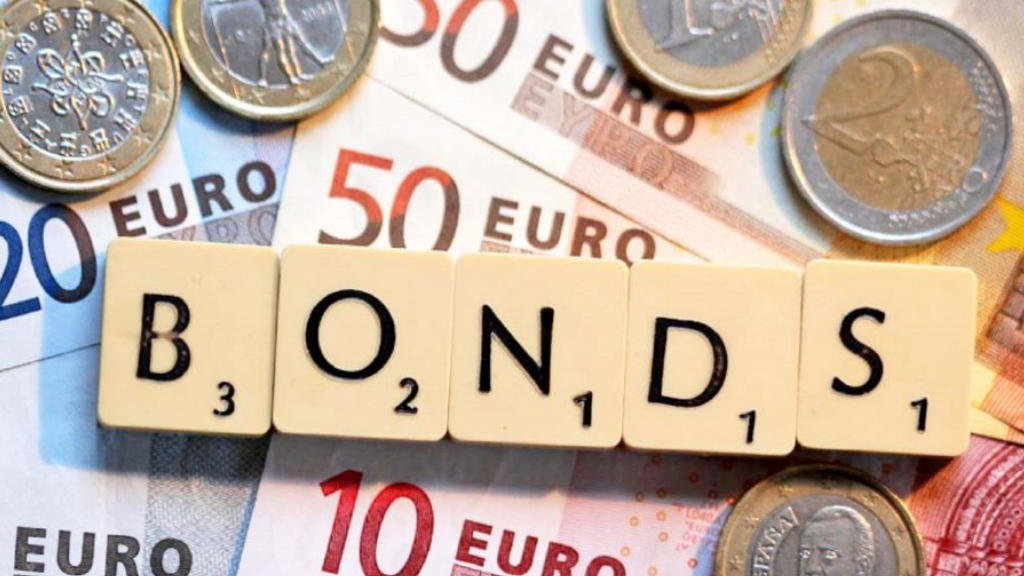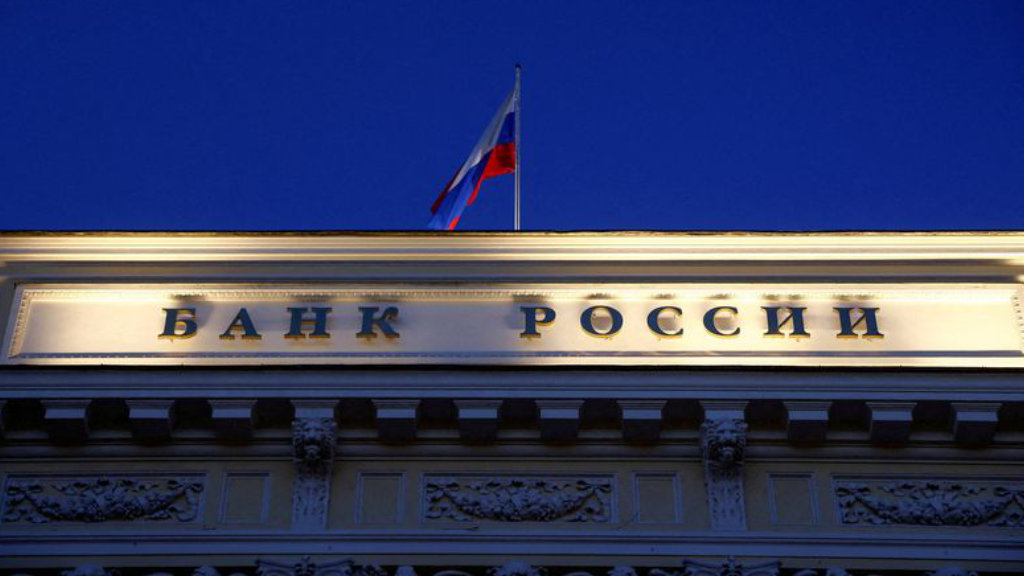Russia’s Investment Chamber (RIC) brokerage, which has been mandated to organize the exchange of frozen assets between Russian and non-resident investors, has announced the completion of settlements for the purchase of foreign securities.
RIC commented that “Despite external sanctions pressure while bids were being accepted, RIC managed to sell to non-residents about a quarter of the foreign securities tendered by resident individuals. Out of the single pool of foreign securities worth ₽35.3 billion, (US$367 million) securities worth ₽8.1 billion (US$89 million) were purchased.”
More than 708,000 individuals sold a portion of their securities, the Investment Chamber said.
“RIC is considering the possibility of holding an additional round of the sale of foreign securities. If the necessary permits are received, the tendering information will be disclosed.”
The RIC accepted bids from resident individuals from March 25 to May 8, and from non-residents from June 3 to August 2.
The holding of auctions and conclusion of these transactions enables Russian private investors to withdraw from investments in foreign securities which are subject to restrictions on disposal owing to restrictive measures introduced by sanctions placed upon the Russian securities market. Russia introduced a law to approve the procedure and conditions for the conduct of auctions and the conclusion of transactions (operations) involving foreign securities (“the Conditions”) by way of the exchange of frozen assets between Russian and foreign investors, in March this year.
It enables non-residents to purchase these securities for Rubles, including using funds held on special C-type bank accounts. Moreover, the securities will be credited to special transit custody accounts of non-residents which allow them to be transferred from the Russian depositary infrastructure to a foreign infrastructure without additional authorisations from Russia.
The buyers of these securities are likely to be overseas brokerages in Asia, or overseas Russians who see value retained in these bonds and can see profitable opportunities in either holding them, or reselling at a later date. RIC’s ability to offload them signals there remains market demand on the international market – excepting Western investors.
Further Reading

Russia Continues To Pay Eurobond Dividends Despite Sanctions

 Русский
Русский













